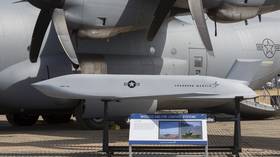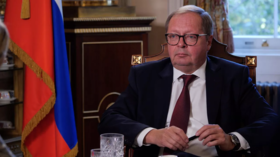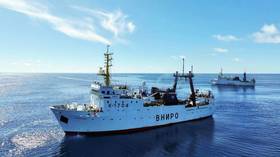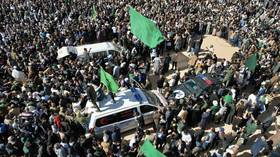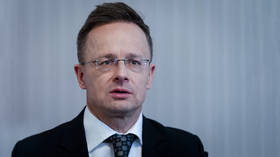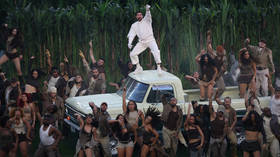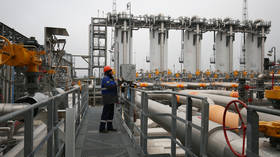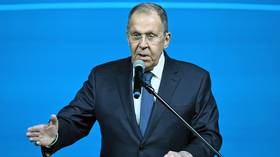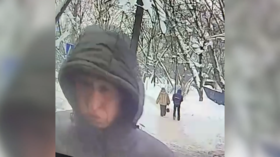New Russian nuclear doctrine ‘cooled Western hotheads’ – Lukashenko
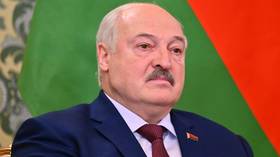
Russia made the right decision to amend its nuclear doctrine because it prevented a further escalation of the Ukraine conflict by Kiev’s Western backers, Belarusian President Alexander Lukashenko has said.
In late September, Russian President Vladimir Putin suggested that the country’s nuclear strategy should be changed to also consider aggression against Russia and its closest ally Belarus “by any non-nuclear state, but with the participation or support of a nuclear state,” as a “joint attack” that could trigger a nuclear response. The Kremlin announced a few days later that the new version of the doctrine had been finalized and is now going through the necessary procedures to become law.
“This doctrine should have been updated long ago,” Lukashenko said in an interview with Russia 2 channel correspondent Pavel Zarubin on Sunday.
According to the Belarusian leader, he and Putin had discussed such a possibility as long as five years ago. “Therefore, for me, this is not new,” he added.
Zarubin asked Lukashenko if he believed that the “hotheads” in the West had heard the “signal” sent by Russia through the changes to its nuclear doctrine.
“If the hotheads had not heard it, we, Russia in particular, would have already been bombarded with those long-range missiles. But this probably cools them down,” he said.
The Belarusian leader was referring to repeated demands by Kiev for its backers in the US and Europe to allow it to strike internationally recognized Russian territory with long-range Western-supplied weapons such as American ATACMS, British Storm Shadows, and French SCALP missiles.
The UK and France have indicated that they are prepared to greenlight such attacks but only if Washington does so first. However, the US has so far been reluctant to grant permission.
However, Politico reported last month that the administration of US President Joe Biden has not completely rejected the idea despite the Pentagon’s belief that such strikes would be unlikely to have any serious strategic impact on the conflict.
Earlier this week, Russian Foreign Minister Sergey Lavrov warned that if the West eventually makes the decision to allow Ukrainian strikes deep inside Russia “we will know that, and the contingency mentioned by Vladimir Putin will already be in action.”
Putin said earlier that any such attack would be treated by Moscow as being directly launched by NATO. He also has suggested that Russia could arm foes of the West, including North Korea, with similar types of weapons in response.
